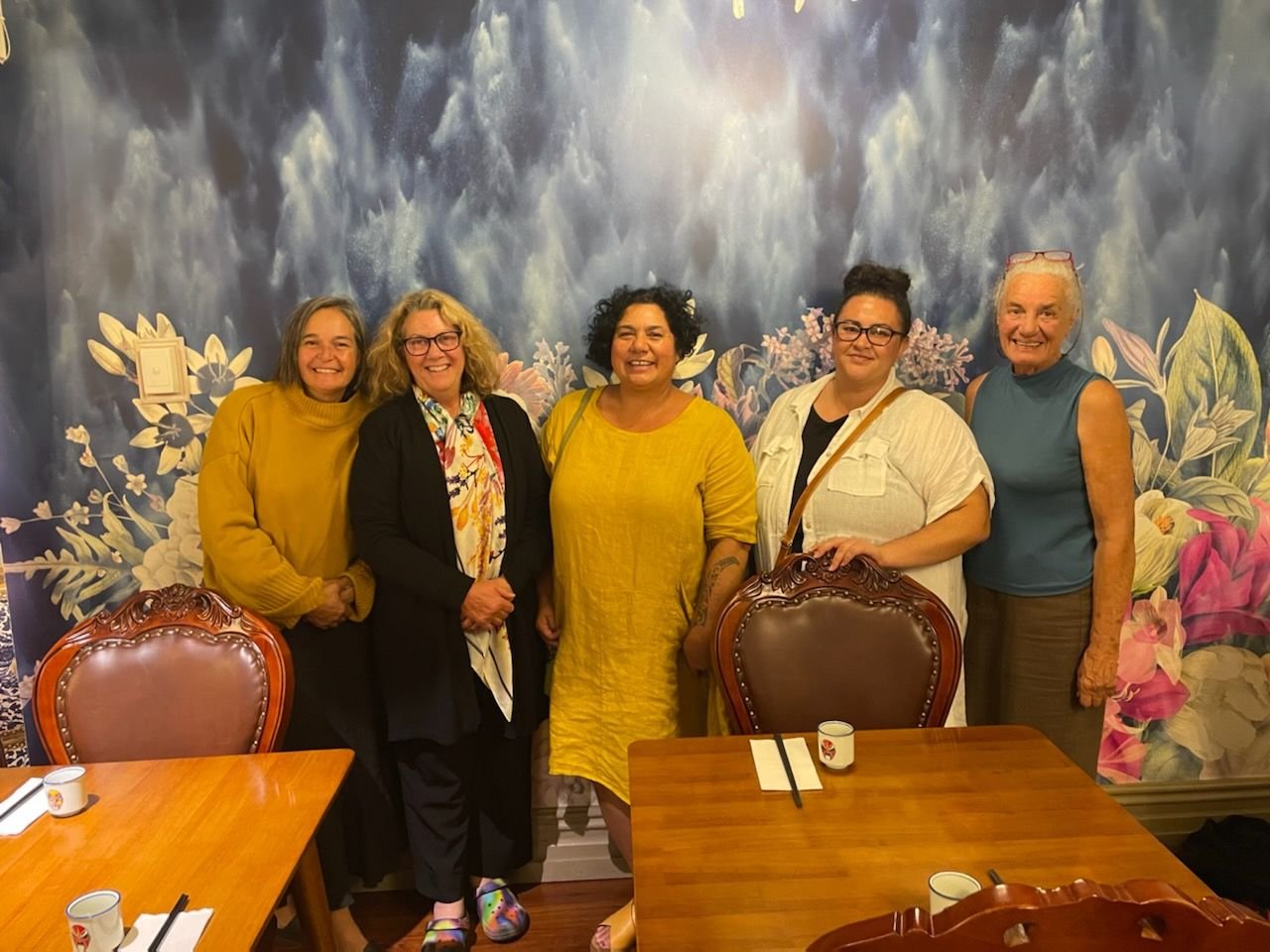Returning to our roots: The Te Waka Kai Ora approach to food sovereignty
Te Waka Kai Ora, serving as the National Māori Organics Authority in Aotearoa, operates as a not-for-profit organization deeply rooted in Kaupapa Māori principles. This dedicated collective of kai producers united with a shared passion to assume the role of kaitiaki, safeguarding our nation's kai atua (pure foods) and revitalising traditional Māori food systems.
Founded in 2001 during a hui at Rātana Pā, Te Waka Kai Ora was created to address the importance of a Te Ao Māori lens in organic food production. Drawing upon the mātauranga (knowledge) inherited from our tūpuna (ancestors), their Kaupapa is driven by the cultural and spiritual connection that Māori have with our natural environment.
“As Māori, a really beautiful part of our culture is the deep connection we have with our whenua (land) and our whakapapa (genealogy),” says Pounamu Skelton (Te Āti Awa, Taranaki, Ngāti Ruanui, Ngāti Raukawa) Hua Parakore Manager at Te Waka Kai Ora.
“A fundamental aspect of who we are is linked to where we have come from and those that
have come before us – and in that respect, there is a lot that we can learn from returning to our roots and reclaiming our Māori food sovereignty.”
Te Waka Kai Ora’s mission is clear: to remind people how we can feed ourselves by utilising our whenua and adapting to each season within our maramataka (lunar calendar).
Te Waka Kai Ora tīma
“Traditional Māori methods for kai production have become urbanised to the point where we can’t even recognise them anymore,” says Skelton.
“Our tūpuna went fishing in the awa (river), collected from the ngāhere (bush), and practiced māra kai (gardening for food) for generations. They could feed themselves using natural resources. Why shouldn’t we?”
The Hua Parakore approach
At the heart of Te Waka Kai Ora’s mission is the Hua Parakore system, a set of Kaupapa Māori that encompass traditional methods for producing organic, natural and sustainable kai.
Simplistically, completing this process provides the kai producer with the Māori certification to label their products as ‘organic’ in the domestic market. More widely, it can also be activated as a Māori food sovereignty and security system.
However, the nature of Hua Parakore far transcends the Western framework of organics, referring to the development of a stronger connection to the Kaupapa Māori practice of kai production.
“As Aotearoa has become the agricultural hub that we know it as today, our Earth Mother Papatūānuku has become a commodity,” says Skelton. “Rather than taking from her, we want to work alongside her to produce Kai Atua – the food of the gods in its purest form”.
Navigating through the Hua Parakore system is a 3-year process including bi-monthly wānanga, the development of a Kaupapa-driven kai production plan, whakawhanaungatanga (forming connections), and sharing this journey with your community.
Te Waka Kai Ora currently have 65 people making their way through the Hua Parakore system, with nine of these in the third year of the process.
Staunchly opposed to the use of chemicals, fertilisers and GMOs in food production, Hua Parakore products are created in a safe, natural environment that prioritises sustainability and care for the whenua.
Lead by the whakatauki, “He kai te rongoa, he rongoa te kai,” (let food by thy medicine, and medicine be thy food), Te Waka Kai Aroha aim to create a nourishing environment that exhibits manaakitanga (respect and kindness) in all aspects.
Paving the way forwards
Te Waka Kai Ora are a trailblazing force in their field, with Hua Parakore being the first Indigenous verification and validation system for food in the world.
“We want to support and encourage whānau to consider the story of their whenua, the story of their people and the ways in which they can harness these Indigenous pathways as a regenerative way forward,” says Skelton.
The Hua Parakore system is open to all whānau, regardless of the scale of their māra kai practices (gardening for food). This ranges from home gardeners to commercial operators, and everything in between.
“Hua Parakore is a korowai that embraces all,” says Skelton. “It is our Māori point of difference, but this does not mean it is exclusive.”
Te Waka Kai Ora also issue a karanga (call) to other Indigenous groups worldwide, compelling them to rethink their relationships with kai production. Already, they do work with an indigenous group from Hawaii, and are in discussions with groups from Rarotonga, Samoa and Korea.
In Koanga (Spring), Te Waka Kai Ora will be opening their doors to a new intake of people looking to feed back into their whenua in a mana-enhancing way.
Learn more about Te Waka Kai Ora here: https://www.tewakakaiora.co.nz/



